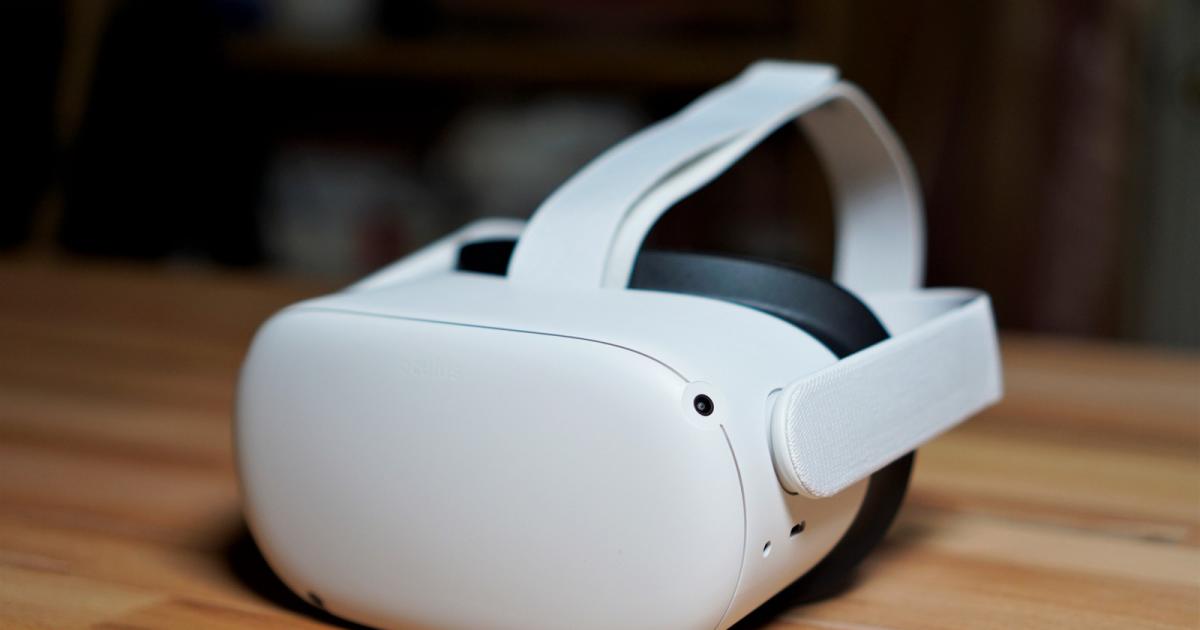Meta is expanding the audience for Quest headsets by extending an invitation to preteens. The social media giant, Facebook owner, is planning to lower the age for Quest 2 and 3 accounts from 13 to 10 later this year. This will be made possible through the introduction of parent-controlled accounts, which require parental approval for account setup, app downloads, and access to existing software. Parents will also have the ability to set time limits for their children’s usage.
To ensure privacy, Meta has implemented strict privacy controls. Additionally, the company will provide age-appropriate app store experiences, including recommendations, if parents volunteer their child’s age. It’s worth noting that Meta will not serve ads to kids, and parents will have the option to decide whether or not their child’s data is used to enhance their experience. These younger users’ Meta Horizon profiles will be private by default, requiring approval for follows and active status updates. However, it’s important to mention that Horizon Worlds will still enforce the minimum age requirement of 13 and older.
Meta presents this move as a significant advancement for education. By embracing younger users, it opens up possibilities for virtual science lessons and a wide range of educational games. Given that most educational titles in the store are rated for ages 10 and older, there should be no shortage of suitable content.
However, whether or not this launch will be trouble-free remains uncertain. Meta claims that its policies comply with COPPA (Children’s Online Privacy Protection Act), which prohibits the collection of personal data from kids under 13 without parental consent. Nevertheless, The New York Times reports that Meta is already engaging in discussions with regulators regarding its plans. Safety concerns also arise, as VR apps, especially social ones, can sometimes expose users, including young ones, to creeps, harassment, and similar forms of abuse. Meta cannot fully shield young users from the experiences they may encounter within third-party apps.
There is also the question of whether or not it is healthy for children to use VR headsets in the first place. Dr. Nathan Cheung, an optometrist from Duke University, explains to ZDNet that these wearables can cause eye and neck strain, which can be particularly problematic for kids with smaller bodies and developing eyes. Additionally, there is limited research on the effects of VR on depth perception and focusing. While the technology isn’t categorically dangerous for kids, it’s not guaranteed to be completely safe either.
All products recommended by Engadget are carefully chosen by our team of editors, independent of our parent company. Some of our articles contain affiliate links. If you make a purchase through one of these links, we may earn an affiliate commission. All prices are accurate at the time of publication.
Denial of responsibility! TechCodex is an automatic aggregator of the all world’s media. In each content, the hyperlink to the primary source is specified. All trademarks belong to their rightful owners, and all materials to their authors. For any complaint, please reach us at – [email protected]. We will take necessary action within 24 hours.
Alex Smith is a writer and editor with over 10 years of experience. He has written extensively on a variety of topics, including technology, business, and personal finance. His work has been published in a number of magazines and newspapers, and he is also the author of two books. Alex is passionate about helping people learn and grow, and he believes that writing is a powerful tool for communication and understanding.


